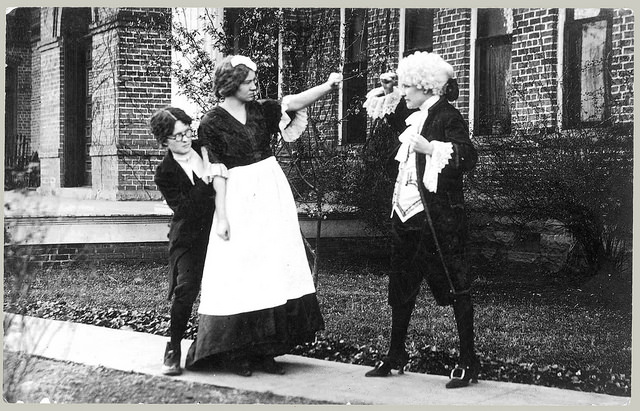
Who are we kidding?
We’ve all done it; to impress, to be polite, to please, to gain something later, because we think we don’t have a choice, to avoid a scene, to shut them up, or as a lie for the moment.
But if we cannot say no, then yes loses its meaning.
I asked myself how often I’ve said yes, if not for any of the reasons above, then as a habit, without thought, an automatic response.
It feels rude, uncomfortable, selfish to say no.
In situations we face on a regular basis—being a parent, with clients, your boss, the privileged—if it’s not a yes, it can have consequences. Real, not-good consequences.
The other extreme is also fraught with issues. Always say no, or as a rule? Well, one cannot function comfortably in a circle of those he or she has pissed off.
So of course, there is the middle, which often makes the most sense but it’s also the hardest. There are delicate situations, grey areas, that place between a rock and a harder rock.
It can become murky, or be too much.
But not all hope is lost.
Choice
In our inside world, the two opposite feelings of yes or no can exist at the same time. And both can be genuine.
When getting it right—saying no to things that may indeed be trivial, uncritical, nonessential upon closer look; the key point being “closer look”—is protecting your time, energy and efforts that may prove more worthy elsewhere, it’s worth the decline.
You could stop right there.
‘No’ is a complete sentence. And quite powerful in times requiring clarity and strength.
However, if the perpetual ruffling of feathers in smaller matters is not your thing, I recommend a further step.
Finesse
If you refine your technique, consider your odds, come from truth and choose to say it authentically, well there’s all kinds of reasons to say yes to that.
With both steps in mind, I find it’s a great way to understand myself and others better.
Do I always succeed?
No.
What I’m trying to say is, there are many times I say yes.
And I really mean it.
(Photo: anyjazz65)
Leave a Reply